
Incoming Leaders

Scott, Brian
I often say I don’t know exactly when I was saved, but I do know when I fell in love with Christ. After over a year of living a life far away from anything approaching the Christian faith I began an Introduction to Philosophy course my sophomore year of college and for the first time in my life I was surrounded by those who identified as Atheist, my teacher included.
Given my upbringing, I was accustomed to saying I was “Christian,” but in that room this claim made me the outlier and invited questions from both peers and my professor. Questions about the Bible, the Christian faith, and God in general that I was not equipped to answer. I quickly realized I needed to either abandon this claim, or find out if there were answers to these questions.
This led me on a deep dive, I read the Quran, the Bhagavad Gita, Daoism, etc. I read Richard Dawkins, Christopher Hitchens, Bertrand Russell, and Nietzsche. And then I read Augustine. I read Aquinas, Anselm, Kierkegaard, and finally C.S. Lewis, and Timothy Keller among others. I then read the Bible and went to a church of my own volition for the first time in my life.
What I found surprised me, not only did I find that the Christian faith provided the most cohesive explanation that could be mapped on to this world I observed around me of all the arguments and faiths I read, but also, and maybe more importantly, it was a more beautiful story of creation than I ever could have dared hope. It was then that I fell in love with Christ.
God's Call to Ministry
This question has so many answers it is almost impossible to do so! From the point that I recognized the beauty and relationship that can be found through Christ I knew I wanted to dive fully into learning and sharing the Way, the Truth, and the Life with others. It was Haley, my wife, who first expressed to me when we were still only dating, that she felt something prompting her to share with me she saw in me a call to ministry (she has always been incredible at feeling and listening to the Spirit’s prompting to speak truth to others).
For many years I planned on pursuing more of an academic and professorial route. But all along those in our church families and other Spirit filled sisters and brothers encouraged me to prayerfully consider vocational and lead pastoral ministry. I am a big believer that our gifts and calling are best found and worked out in community, but the thought of it scared me greatly to be honest!
There is a soberness and a solemnness with which one must consider pastoral ministry in my opinion, and I sought to do this, but I came to the realization that I was operating out of fear, not love, and that to run from God’s will is something far scarier than leaning into it. In addition to the overarching story here, there have been countless moments of loving people, teaching, and just time with God that have encouraged and prompted me along the way.
The Free Methodist Church
After years of serving in Baptist, Presbyterian, Non-Denominational, and Anglican churches, Haley and I knew we wanted to find a denominational home when we moved from Georgia out to Pasadena, California. As Haley had been helping me discern a call to ministry for years now, we knew that if God was calling me and us to this role that we wanted a denomination of sisters and brothers with whom we could broadly theologically agree and who could walk beside us on this path.
As we began searching Wesleyan denominations I came across the Free Methodist Church and saw a group of like-minded sisters and brothers we knew we could call our denominational family. The FMC represents a “Via Media” that is so often lost in all areas of our culture today. It refuses to be conservative nor liberal, but cuts a line across both to follow in the steps of Christ. It refuses to be so traditionalist that it is unwilling to follow the Spirit but recognizes the Spirit’s guidance in the liturgies and traditions of our sisters and brothers who came before us. In short, the FMC seeks to follow the way of Christ even when that doesn’t fit the boxes modern churches or cultures often desire to put themselves in. That dream of who we are as Free Methodists, and who we want to be, is worth being a part of.
